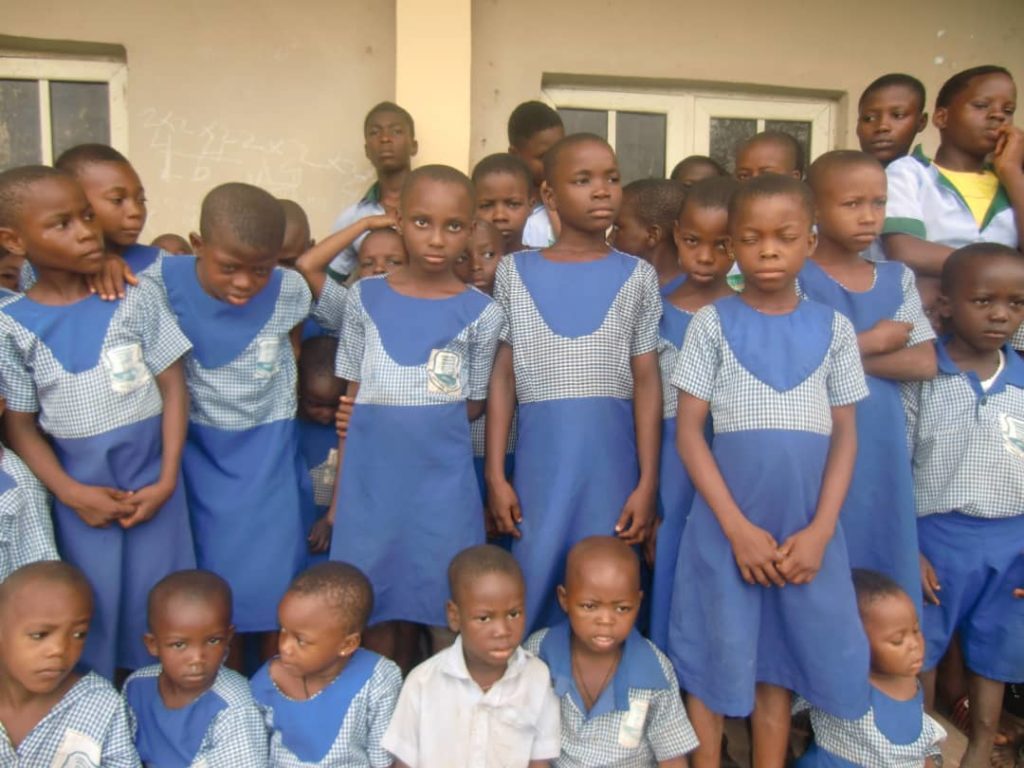
How Fear of Hunger Contributes to Poor School Attendance in Africa? Education is a need and critical essence for today’s modern world, and it provides the people with an understanding of the stable functioning of the country. Nowadays, every educational field has advanced to open up different career paths for us, even internationally. As TEFL Courses help teachers learn valuable strategies to aid students with meaningful learning and open a chance for working abroad with its certifications, there are many opportunities one can look up to.
Whereas many countries are enjoying the benefits of education, on the other hand, hunger is increasing at an alarming rate in Africa. This fear of hunger is contributing to poor school attendance at its peak. The government of Africa has made considerable efforts to improve school enrollment. Yet, attendance and completion rates remain low.
Africa hunger crisis Facts
If we take a deep look at Africa’s situation, we know about many facts contributing to the fear of hunger. Due to regular failed rainfall seasons, it gets difficult for farmers and herders to keep up their livelihoods. In addition, Cyclones, floods, and swarms of desert locusts also increased humanitarian needs in Eastern and Southern Africa.
- The food and nutrition situation in sub-Saharan Africa has worsened over the past four years.
- Conflict, hunger, poverty, and homelessness create a climate in which children are at risk of violence and exploitation, and starvation leads to poor school attendance.
- Africa needs great help regarding hunger crises, especially for children younger than 5, who are the most at risk because they need critical nutrients to build strength and immunity against disease.
Education and Hunger crises in Africa
It is a universal consent that for the children completion of primary school is a basic need for the development. Many studies show that the government has made great efforts to improve educational access for primary children, which resulted in the increased enrollment of children in sub-Saharan Africa.
- However, the progress towards primary school enrollment has been quite positive; the attendance and completion rates remained relatively low. Many children, due to health and nutrition issues, concerns about safety, and limited economic resources of families and governments.
- Many children have large families and are committed to doing work for their livelihood, which may inhibit them from attending school regularly, even if they are enrolled.
- The economic and health impacts of the pandemic have driven millions of Africans more profound into poverty and despair. The effects of COVID-19 persist for children and their communities throughout Africa.
- In 2020, nearly two months of heavy rains and flooding caused tremendous destruction, where the children faced a greater risk of food insecurity and were exposed to disease and illnesses.
- Droughts are another fear of hunger for the Africans. The lack of food and water means the death of large numbers of livestock in the affected areas. It leads to the destruction of families whose livestock is the primary source of income and nutrition.
In such circumstances, low-income families cannot afford enough food to keep their children healthy. How can they send their children in such an alarming situation? The children will not attend schools and get education properly when their lives are at risk due to hunger strikes. Eventually, they need emergency help from government agencies or aid groups when they run out of money and food. But frequent drought, conflict, and instability have led to severe food shortages. Africa has suffered from extreme poverty for decades, so it lacks government and community support systems to help its struggling families.
How Helpers Social Development Foundation responding to the Circumstances:
The social development foundation brought emergency aid and long-term assistance to families and communities and played a significant role in helping African and Nigerian country school children overcome school low attendance. Here are some of the ways they are helping to overcome the root causes of hunger and malnutrition leading to poor school attendance;

Read Also: Our Initiative
- As the people of Africa are going through financial and economic crises and can’t afford to fulfill the educational necessities, the Helper social development foundation provides the children with all the essentials like school uniforms, bags, and stationery items.
- Building and repairing water and sanitation facilities contribute to healthy living, and Helper social foundation helps schools construct toilets in schools.
- It provides Food assistance, including emergency feeding.
- Social helper development plays a significant role in overcoming poor school attendance. You can also play your part by contributing your donation and helps to this foundation.
Wrapping Up!
Hunger causes more than two deaths each day for every 10,000 people. When food crises happen, some children are malnourished for long periods. It affects their health drastically, that’s why the children remain underweight. And the children who were already growing poorly when the food crisis began, now their lives are more at risk. These hunger fears keep the children away from getting an education, and the attendance remains low. Malnutrition and food security continue to be critical risk factors for many children. Illness and poor nutrition are generally the leading causes of delayed school entry and increased school absences.
How Fear of Hunger Contributes to Poor School Attendance in Africa?
Donate to alleviate hunger in Africa. Donate here
